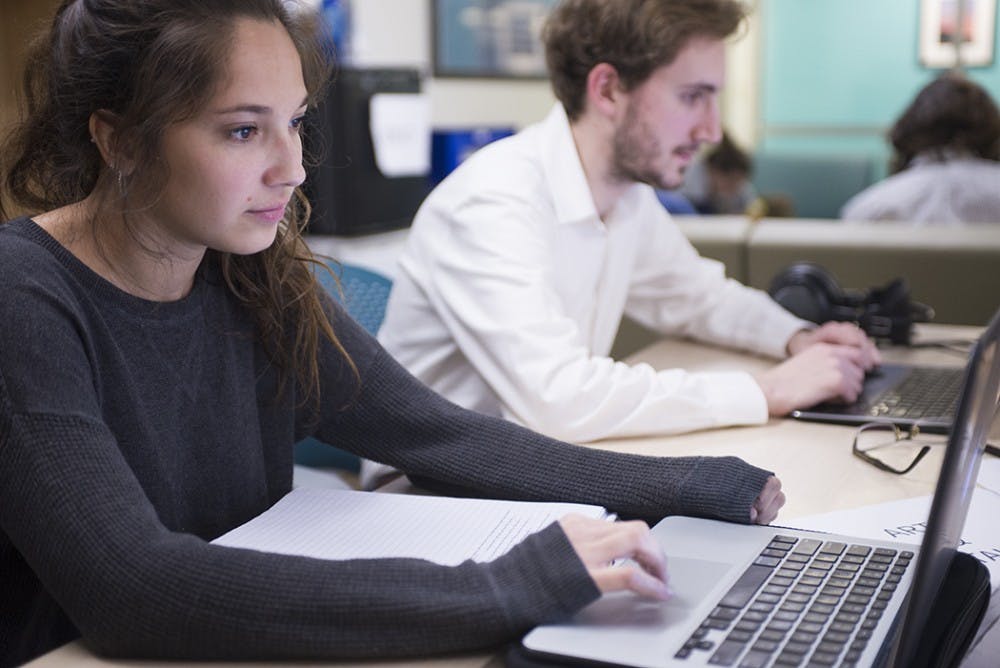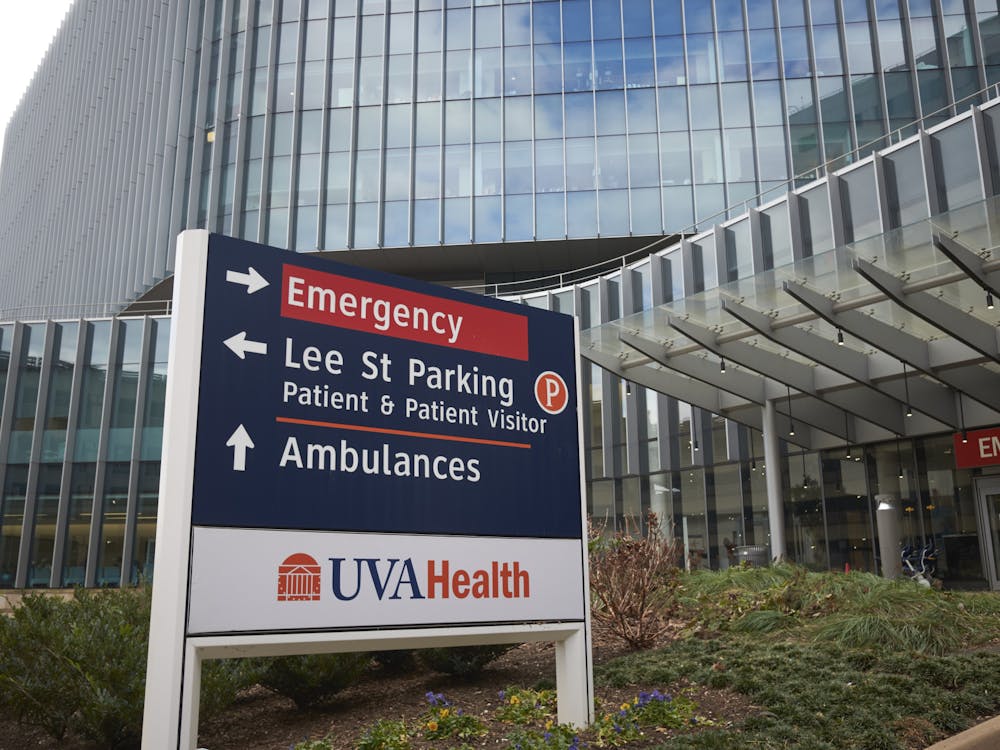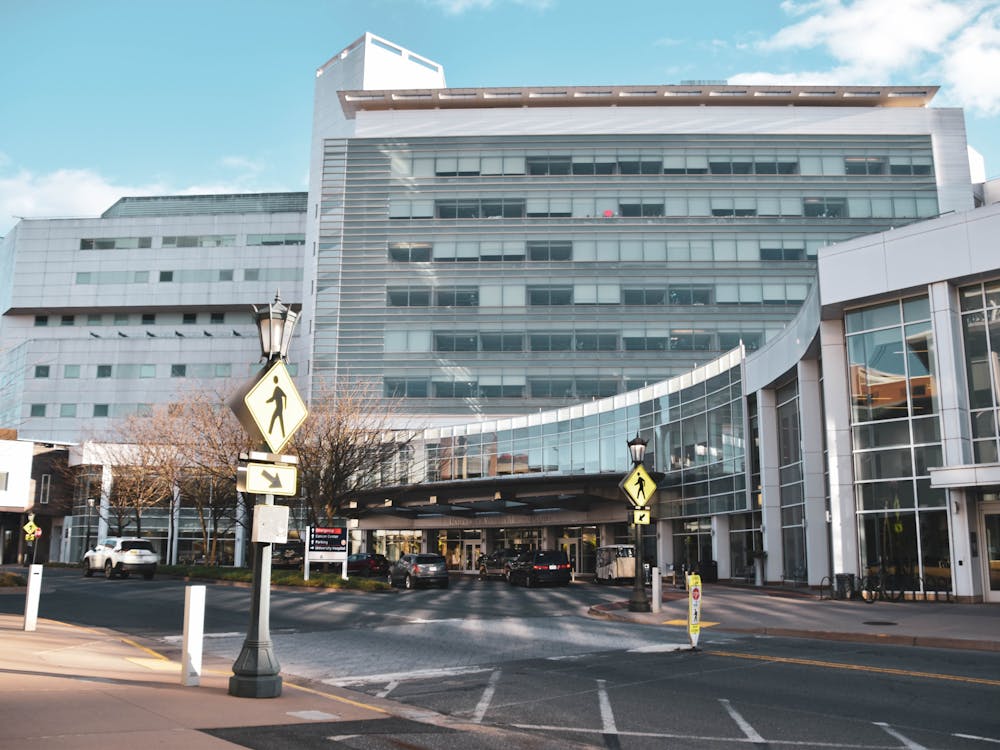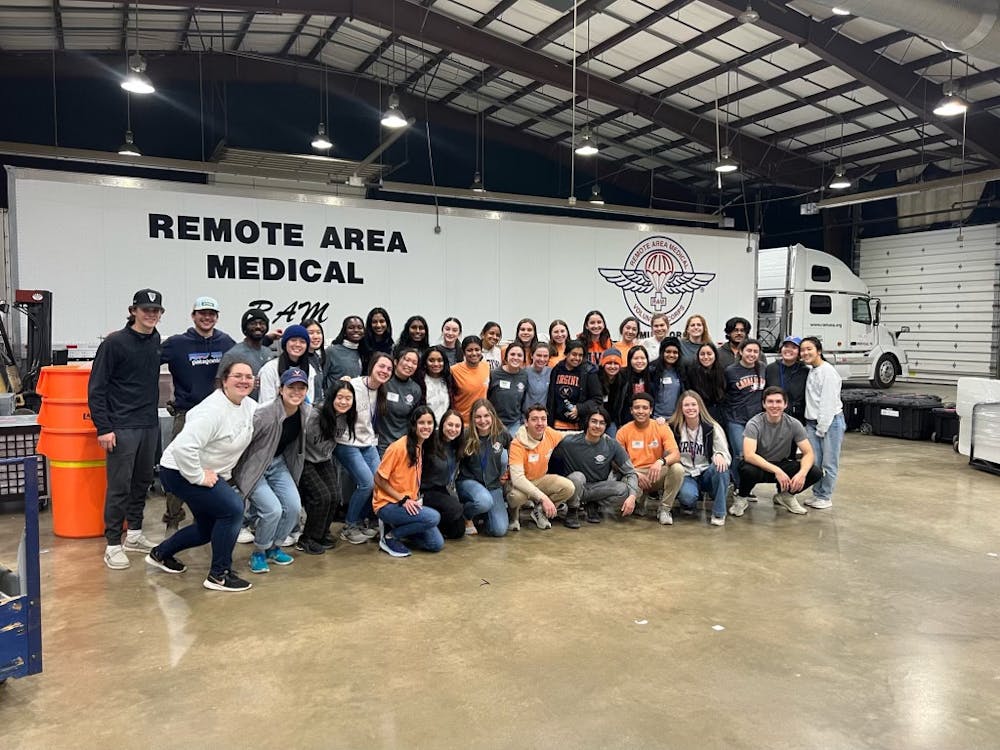Anyone with a computer webcam or smartphone camera runs the risk of being hacked and monitored. In October 2016, a massively distributed denial-of-service-attack left millions without major website access by shutting down prominent websites like Reddit, Github, Amazon, Twitter and more. This was directly caused by easy-to-guess default passwords on webcams.
This was the latest incident of many in an ongoing webcam hacking epidemic that continues to plague computer users in a day and age where — according to the Pew Research Center — 78 percent of adults under 30 own a laptop or desktop computer, many of which come equipped with a webcam.
Like in the 2016 case, victims of webcam hacking often do not make any critical computer error causing them to be hacked.
According to Swati Kulkarni, an IT professional at the Food and Drug Administration, the victims of these attacks “do not have to make the first mistake.”
“Many times the bugs in the installed tools could be the cause of the webcam hacking,” Kulkarni said. “For example, a documented vulnerability in the older version of Adobe Flash allowed any website to turn on your webcam and microphone without your knowledge or consent.”
Most hackers use malware or remote administration tools to gain access to random or targeted computers and their webcams. RATs are similar to viruses in the sense that they are often installed on a computer unintentionally, possibly after the user opens or downloads an infected file.
However, hackers do not present the only threat. The NSA has long been rumored to possess specialized technology allowing them to eavesdrop on conversations, hijack microphones and cameras and observe and record pictures and videos of computer users and their nearby environment.
Stories from former Central Intelligence Agency employee Edward Snowden and news websites like The Intercept continue to pour in on arguably unethical government spying on Americans and others.
Facebook CEO Mark Zuckerberg and FBI Director James Comey represent the growing group of individuals advocating covering laptop webcams to guard against hackers and intruders aiming to silently observe and exploit computer users’ private lives.
First-year Engineering student Henry Bramham commented on the government’s ambiguous legal basis for hacking.
“I feel one of the biggest problems is the lack of knowledge in regards to laws for law enforcement hacking. Nobody is sure what the government can and cannot monitor,” Bramham said.
Michael Grinnell, University Deputy Chief Information Security Officer, offered several tips and tricks to prevent webcam hacking and exploitation.
“It’s important to keep your computer running a current supported Operating System, Anti-Virus software, install patches and use strong passwords,” Grinnell said. “An additional layer of protection to consider is implementing Multifactor Authentication — also called two-factor or two-step login — on your email account, Facebook and wherever it is available.”





